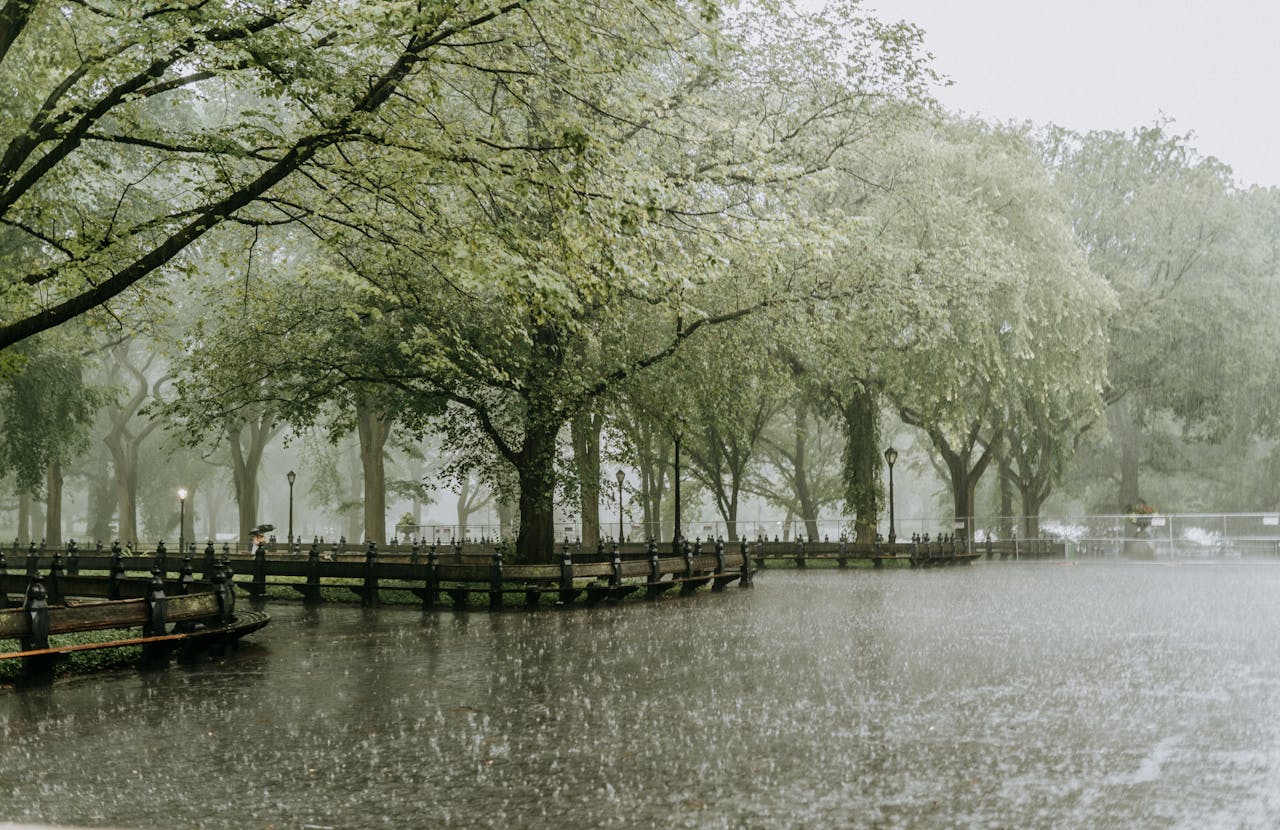
Record-breaking rainfall hits Cape Town
With a total of 317.6mm of rain in July, Cape Town shattered the record for the highest monthly rainfall, more than doubling the average.

July’s rainfall in Cape Town set a new record for the highest amount of rain ever recorded in a single month.
July’s rainfall over double the average
The recorded rainfall in July 2024 was 317,6mm. That is more than double the average amount and more than ever recorded for the city in the past within a single month. The long-term average for this month is 128,0 mm.
In a media release, the South African Weather Service stated that ‘July 2024 saw record-breaking rainfall totals in some areas of the south-western parts of South Africa, following a slow start to the winter rainfall season’.
The Cape Town International Airport station recorded the highest monthly rainfall total since the station’s inception in July 1956, exceeding three times the average for July. This record explicitly highlights the intensity and impact of the multiple cold fronts experienced throughout the month.
The following figure shows the long term average rain for Cape Town International Airport compared to this year’s monthly rainfall.
Widespread damage
The heavy rains caused widespread damage across the region from the beginning of July well into the month. This included strong winds that blew off roofs and disruptive hail in Stellenbosch’s Helshoogte Pass.
The government announced that schools would be closed on the 11th of July due to the severe storm warnings in certain areas. These included schools in the Cape Winelands Education District and the Overberg Education District.
Heavy downpours damaged structures and caused flooding in various areas across the region. Thousands of people were left displaced after homes were flooded in informal settlements, according to GroundUp.
The heavy rains also caused some riversbanks to burst.
In addition, several roads were closed, and some areas were isolated due to flooding.
Snow-covered Cape Town mountains
Thick blankets of snow covered the mountainous areas of the Western Cape, bringing freezing temperatures during this period.
